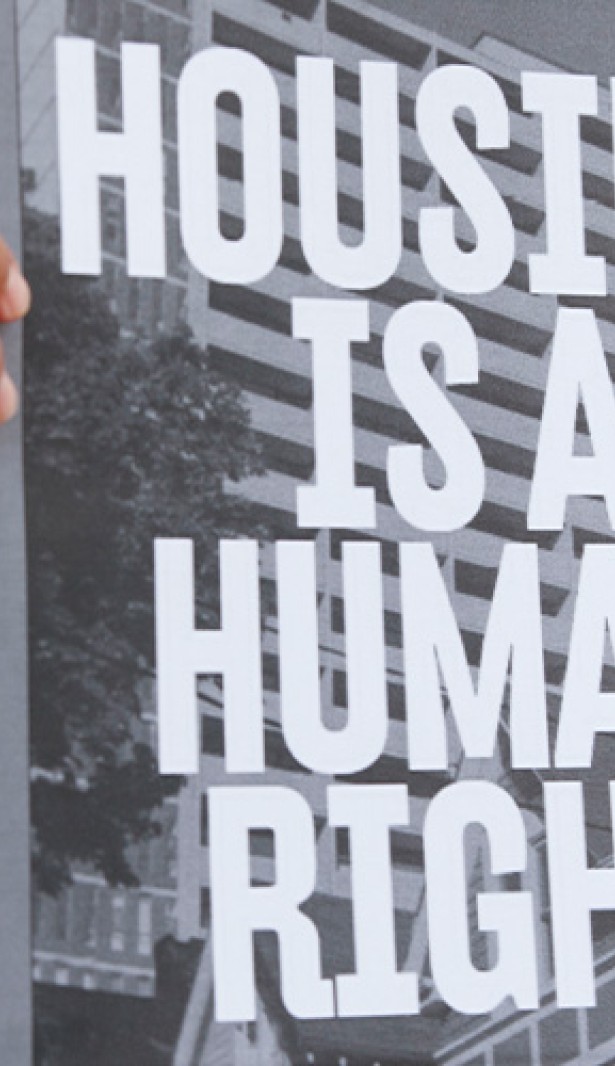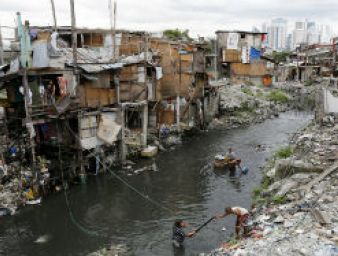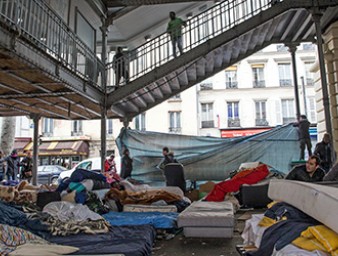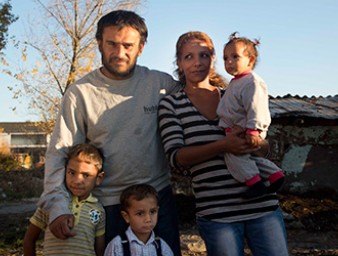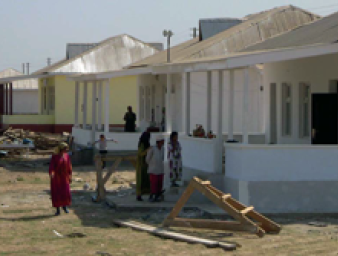Human rights approach needed for internally displaced people’s housing, land and property
06 July 2021
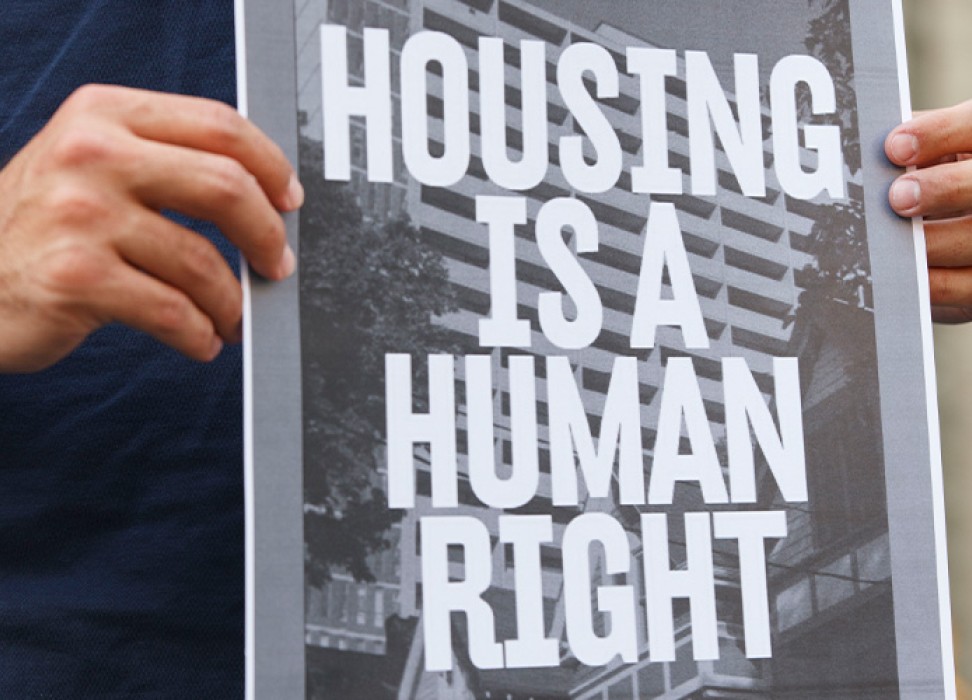
A report presented to the Human Rights Council is calling for more long-term efforts to address the housing, land and property rights of people who have been displaced within their own countries.
A UN independent expert is calling on Member States to examine with a human rights lens housing, land and property issues for internally displaced people.
In her report to the Human Rights Council, the Special Rapporteur on the Human Rights of Internally Displaced Persons (IDPs), Cecilia Jimenez-Damary, says a more comprehensive approach – one that engages humanitarian, development, peace and climate stakeholders -- is needed to address the issue.
"Addressing these issues cohesively can prevent and reduce displacement, save lives and improve the enjoyment by IDPs of several fundamental human rights, and pave the way for IDPs to durable solutions that are sustainable within wider affected communities," she said.
According to latest data from the UN High Commissioner for Refugees, in 2020, some 48 million people were displaced from their homes within their own countries, the highest figure ever recorded. This included 9.8 million who were newly displaced last year.
In her report, Jimenez-Damary highlighted the particular vulnerability of women, indigenous peoples and pastoralists, specifically regarding their reduced ability to secure tenure, land use, land ownership and inheritance.
She noted that amidst conflict, violations of housing, land and property rights for these groups are numerous and exacerbated. Discriminatory strategies are often used to displace groups based on their religious, ethnic, social or political affiliation, and to prevent their return, Jimenez-Damary said.
Inclusive responses needed
Engagement of internally displaced people is critical, according to Jimenez-Damary, for a more wide-ranging approach to address human rights concerns related to housing, land and property.
"Specific measures should be complemented by the inclusion of internally displaced persons into broader land and housing schemes, and they should be able to participate in decisions affecting them," she said.
Jimenez-Damary also said that prevention and resolution of disputes over housing, land and property, could be ensured through recognising and protecting legitimate rights to land and natural resources, including acknowledgment of customary law where appropriate. In addition to short-term measures, she urged that long-term structural and institutional reforms are implemented in order to improve governance in the justice, land and urban administration sectors.
In post-conflict situations, the report recommends, peace negotiators should systematically include housing, land and property issues in all negotiations, peace agreements and transitional justice arrangements.
"The potential benefit for States of addressing housing, land and property issues become apparent when they are understood as factors that cause internal displacement," concluded Jimenez-Damary. "National responses, perhaps most pressingly today, need to engage the full spectrum of humanitarian, development and peacebuilding approaches."
6 July 2021
